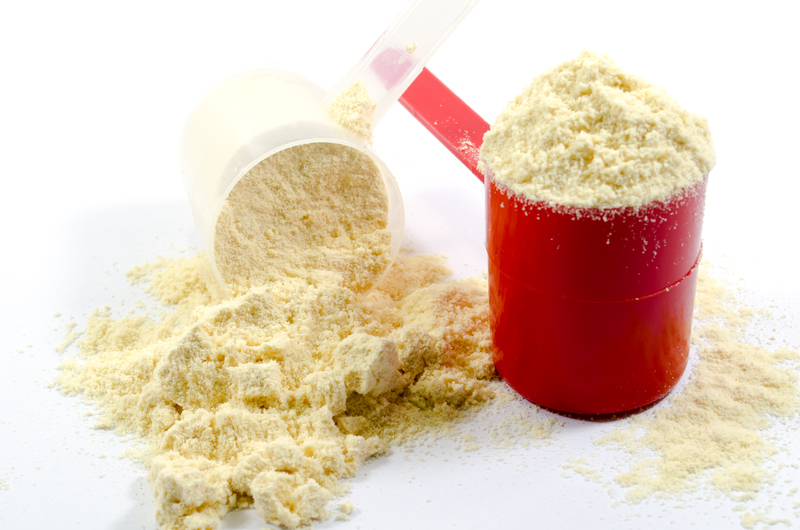
A 25-year-old Australian mom named Meegan Hefford was found unconscious in her home on June 19th, 2017. Two days later she was pronounced brain dead. But why? Her mother blames the excessive consumption of protein shakes and large amounts of protein-rich food in preparation for a bodybuilding competition for the death of the mother of two and is calling for tighter regulations on protein supplements. However, is the protein alone really deserving of the blame?
Hefford was unaware she was actually suffering from a rare genetic condition called Urea Cycle Disorder which is a blanket term for a variety of disorders that makes it difficult for an individual to safely metabolize protein and only affects 1 in 35,000 people. In healthy individuals, when protein is metabolized, ammonia is produced which is then converted to urea and excreted in the urine. However with this disorder, the ammonia is unable to be converted due to a missing enzyme and the ammonia builds up in the blood, causing brain damage. The disorder varies in severity, so some people can live into adulthood with it and only experience mild symptoms such as inability to concentrate and nausea after a protein-rich meal, which was likely the case with Hefford who reported feeling “weird and lethargic” less than a month before the incident.
Basically, massive consumption of any substance can be harmful, even water, and intake of supplements in any form should be carefully regulated. Unfortunately in this case, Hefford’s condition failed to allow her to metabolize all of her protein. However, protein, in any shape or form, powder or food, is not a threat to the healthy individual who is completely capable of metabolizing their protein normally. True, protein supplements are not always necessary and food should come first, but they can be very useful for those who engage in regular exercise, vegetarians who have trouble getting in protein and even those seeking weight loss. Anyone who has continuous nausea, headache or any similar symptoms after consuming protein may need to have their ammonia levels checked with their doctors. Otherwise, protein is not the enemy.





